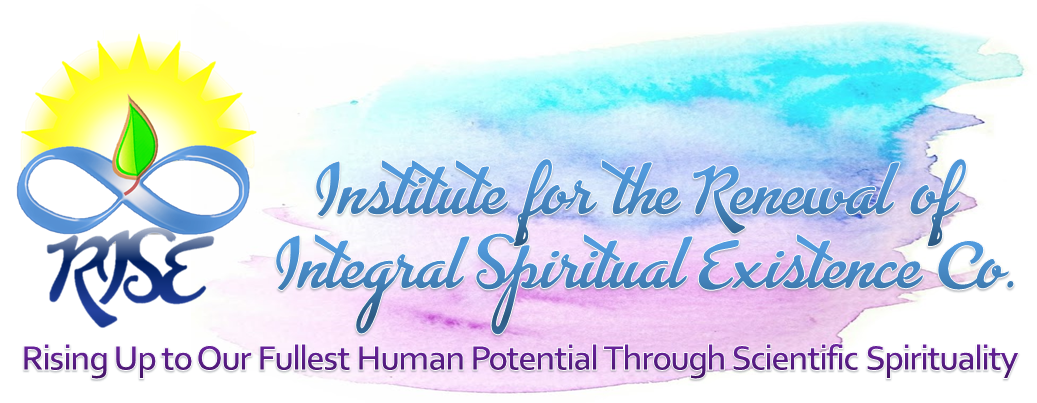The article discusses how neuroscience is shedding light on spiritual experiences, with neurotheologist Dr. Andrew Newberg explaining that while there is no single “spiritual” part of the brain, these experiences involve complex interactions between various brain regions that typically don’t occur in the same way. Newberg notes that while spontaneous spiritual experiences are harder to study, the stories shared by listeners exhibit common elements like a sense of connectedness, clarity, and transformation, similar to what is observed during practices like meditation. He suggests that these experiences, along with near-death experiences, “dark night of the soul” moments, and the effects of psychedelics, are all part of a larger puzzle that neuroscience is working to understand.
Editor’s Note: As discussed in the article, exploring spiritual experiences through neuroscience highlights a fundamental limitation of reductionist science: its inability to grasp the human mind’s profound complexity fully. While neuroscience provides valuable insights into brain activity during spiritual experiences, it often falls short of capturing the essence of what it means to be human. As noted in the iRise article Roger Penrose: Consciousness Is Beyond Computable Physics, consciousness operates on principles that transcend conventional scientific models, suggesting that our understanding of the mind cannot be reduced to mere neural processes.
This perspective is echoed in the article “Science and Spirituality: Two Sides of a Coin,” which emphasizes the need for a holistic approach that integrates scientific inquiry and spiritual understanding. The interplay between these realms is crucial for unraveling the deeper meanings of spiritual experiences, as they reflect not only brain activity, but also the intricate web of human connection, intention, and consciousness.
Moreover, the limitations of a purely reductionist approach can lead to a disconnection from the very essence of our shared humanity. As we witness the complexities of spiritual experiences, we are reminded that true understanding requires us to embrace the richness of human experience, including the emotional, relational, and transformative aspects that science alone cannot quantify.
Read Original Article
Read Online
Click the button below if you wish to read the article on the website where it was originally published.
Read Offline
Click the button below if you wish to read the article offline





